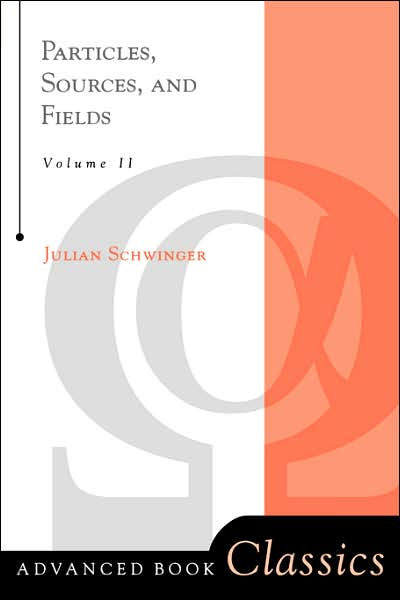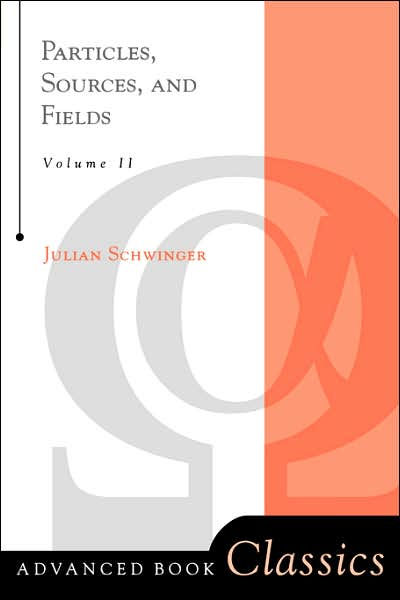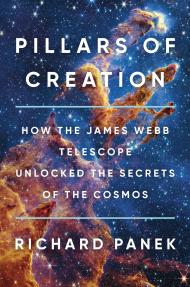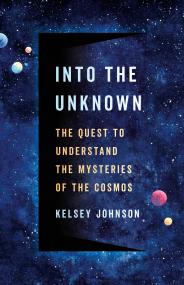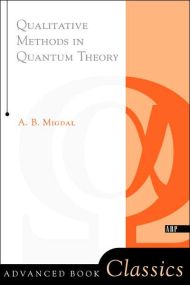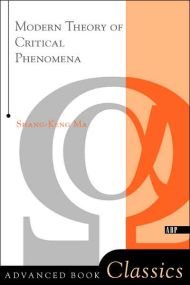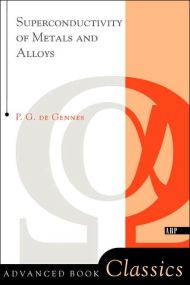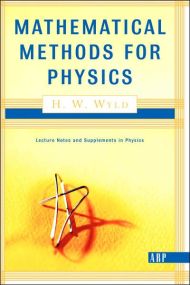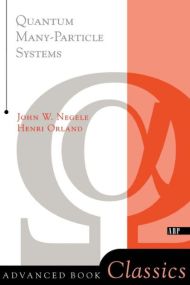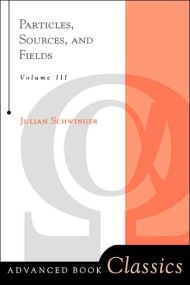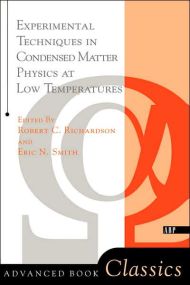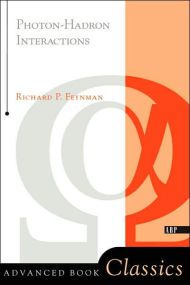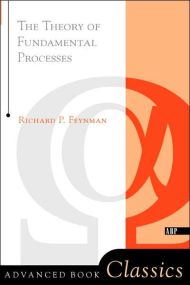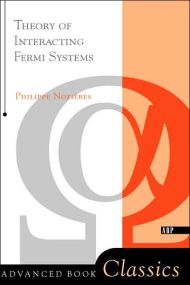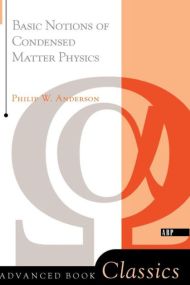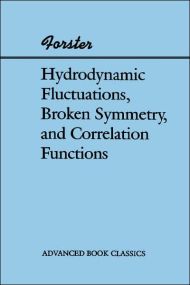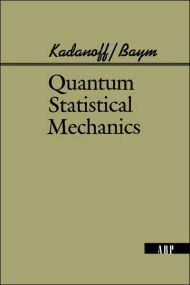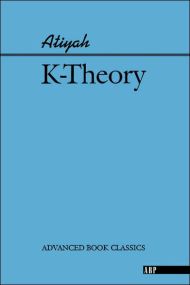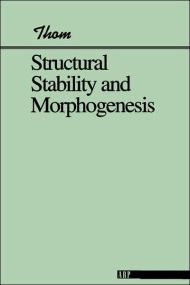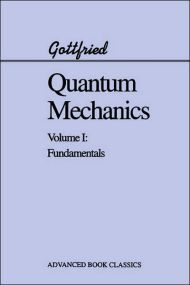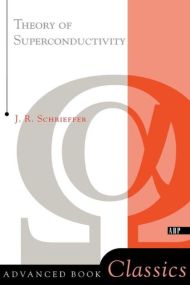Promotion
Use code CYBER2024 for 30% off sitewide + free shipping over $30
By clicking “Accept,” you agree to the use of cookies and similar technologies on your device as set forth in our Cookie Policy and our Privacy Policy. Please note that certain cookies are essential for this website to function properly and do not require user consent to be deployed.
Particles, Sources, And Fields, Volume 2
Contributors
Formats and Prices
Price
$64.00Format
Format:
Trade Paperback $64.00This item is a preorder. Your payment method will be charged immediately, and the product is expected to ship on or around November 6, 1998. This date is subject to change due to shipping delays beyond our control.
Also available from:
This classic book (volume two of three volumes) is almost exclusively concerned with quantum electrodynamics. As such, it is retrospective in its subject matter. The topics discussed range from anomalous magnetic moments and vacuum polarization, in a variety of applications, to the energy level displacements in hydrogenic atoms, with occasional excursions into nuclear and high-energy physics. Based as it is upon the conceptually and computationally simple foundations of source theory, little in the way of formal mathematical apparatus is required, and thus most of the book is devoted to the working out of physical problems.
Genre:
Series:
- On Sale
- Nov 6, 1998
- Page Count
- 320 pages
- Publisher
- Avalon Publishing
- ISBN-13
- 9780738200545
Newsletter Signup
By clicking ‘Sign Up,’ I acknowledge that I have read and agree to Hachette Book Group’s Privacy Policy and Terms of Use
